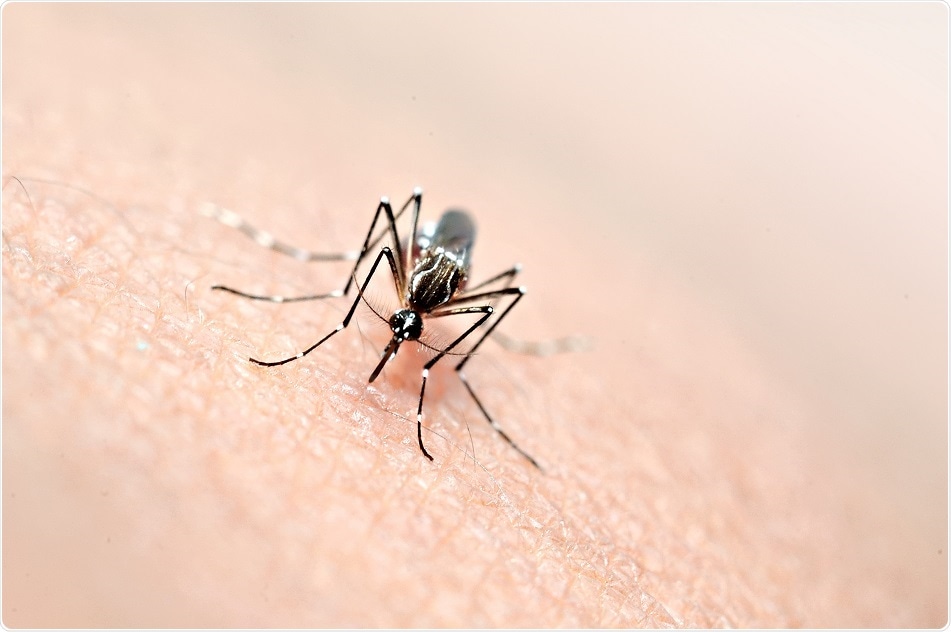Scientists from the University of Southern California (USC) have discovered that the Zika virus works by suppressing a pregnant woman’s immune system so that the virus can spread and increase the chance of harming an unborn baby.

The virus, which leads to miscarriages and birth defects, specifically targets white blood cells called CD14+ monocytes, cells that turn into macrophages in response to infection. Macrophages keep the body healthy by engulfing and destroying unwanted particles such as bacteria, viruses and cellular debris.
Pregnancy already naturally suppresses the immune system to a degree to prevent the body from rejecting the fetus, which is essentially a foreign object, explains senior author Jae Jung. However, Zika exploits that weakness and uses it to infect the woman, sneak into the womb and prey on the baby.
For the study, Jung and team took blood samples from pregnant and non-pregnant women and infected them with the African and Asian strains of Zika. They then analysed the samples at peak infection.
As reported in Nature Microbiology, the virus headed straight for CD14+ monocytes and caused them to transform into M2 macrophages, cells that tell the immune system to power down because the body is no longer under threat. This false signal handicaps the immune system, enabling Zika to take grip and spread.
The team report that the African Zika strain increased immune suppression by approximately 10% and, for the Asian strain, this figure skyrocketed to almost 70%.
The researchers then analysed blood samples taken from 30 pregnant women infected with Asian Zika and compared it with blood from 15 pregnant women who were not infected. They found that the infected women had abnormally high expression levels of two genes associated with pregnancy complications including underweight new-borns, complicated delivery and womb abnormalities that cause birth defects such as microcephaly (unusually small head).
Lead author Suan-Sin Foo believes the study is an instrumental step in improving the fate of pregnant women and their unborn babies and in addressing mosquito-borne illnesses, a problem that is become more prevalent as a result of global warming and climate change.
Now, scientists at USC are focused on how Zika targets pregnant women, how it reaches the fetus and how microcephaly and other defects occur.